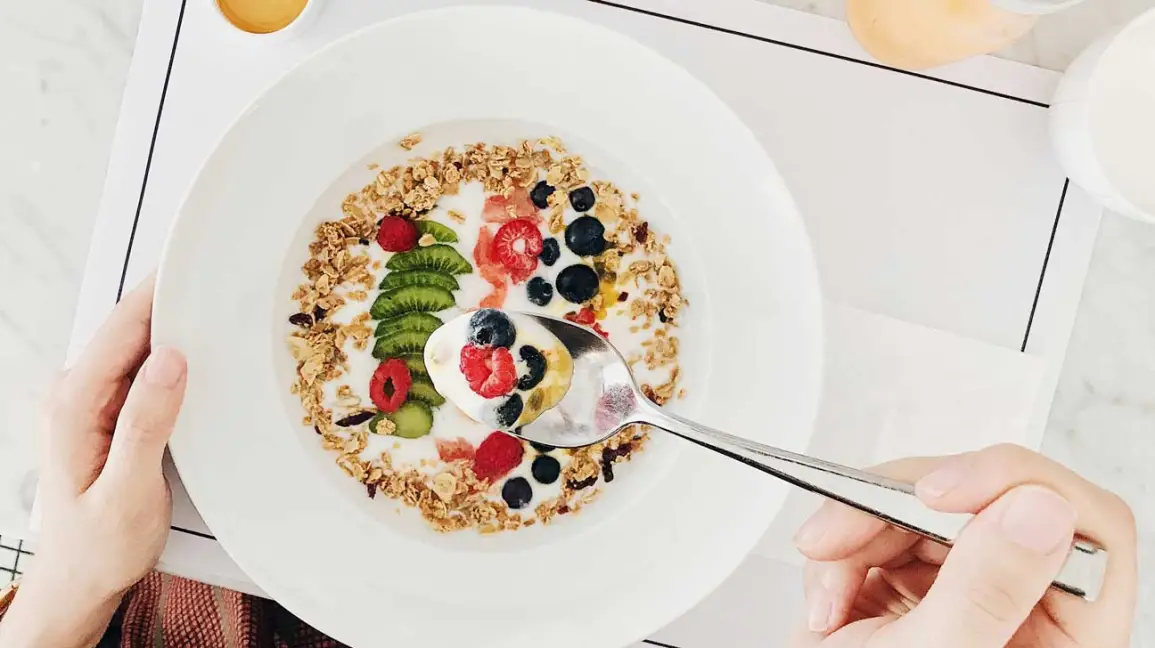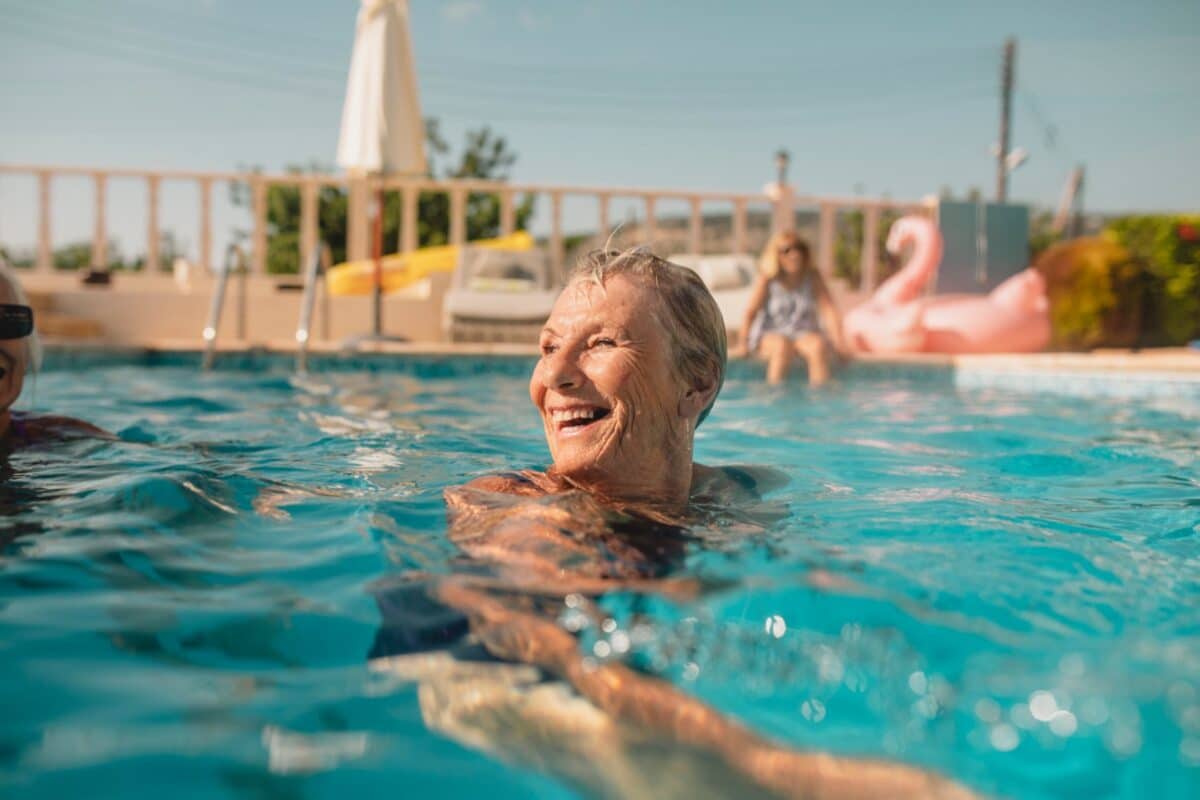
Staying healthy and fit is not just about looking good—it’s about feeling good, both physically and mentally. You can make all the difference by properly understanding the health fitness tips, whether you’re just starting on your fitness journey or a senior looking to maintain well-being.
When you engage in regular physical activity, you’re burning calories, improving your heart health, strengthening muscles and bones, and even boosting your immune system. It’s also a powerful mood enhancer. For seniors, maintaining physical fitness is crucial if they want to stay independent and prevent age-related issues.
If you’re new to exercise or haven’t been active in a while, it can be intimidating when starting a fitness routine. For beginners, the biggest hurdle is often knowing where to start. As we age into seniors, our bodies change, and activities that were once easy may become difficult or even painful.
The key to long-term success in health and fitness is to keep it simple and sustainable. The focus should be on making gradual changes that fit into your lifestyle. You can start by eating a balanced diet. Here is how a balanced diet can be beneficial for all ages.
Balanced Diet
A balanced diet is about ensuring that your body gets the nutrients it needs to function at its best. You can get the right mix of carbohydrates, proteins, fats, vitamins, and minerals through a balanced meal.
Health fitness tips for a balanced diet:
Carbohydrates give you energy
Proteins build and repair tissues
Fats help your body absorb vitamins
Vitamins and minerals support various bodily functions, from boosting your immune system to keeping your bones strong
For beginners, understanding what makes a meal balanced can be the first step toward a healthier lifestyle. A typical balanced meal might include a serving of whole grains like brown rice or whole wheat bread, a portion of lean protein such as chicken or beans, some healthy fats like olive oil or nuts, and a variety of colorful vegetables.
According to WHO’s health fitness tips, a healthy diet should include a variety of fruits and vegetables, legumes (such as lentils and beans), nuts, and whole grains. For adults, WHO recommends that fruits and vegetables make up a significant portion of daily food intake—at least 400 grams (or about five servings) per day.
For seniors, the body’s nutritional needs change with age. Older adults need more calcium and vitamin D to support bone health, and they should focus on nutrient-dense foods that provide essential vitamins and minerals without excessive calories.
Consistency is key when it comes to a healthy diet. Making small, sustainable changes that you can stick to over time such as adding an extra serving of vegetables to your dinner or choosing a whole grain option in place of refined grains is preferable.
An excellent way to ensure you get those essential nutrients is by using nutritious and convenient options like Supply6 meal replacement drinks, especially when preparing a full meal seems challenging.
Hydration is as important as a balanced diet. Let’s see the importance of hydration in your fitness journey.
Hydration
Your body is made up of about 60% water, and it relies on this water for a wide range of essential functions. Water is involved in everything from regulating your body temperature to transporting nutrients and oxygen to your cells. It removes waste through urine, lubricates your joints, and maintains the health of your skin and other tissues.
Water also keeps your mind sharp, helps in concentration, and impacts your mood. Dehydration can lead to headaches, fatigue, and difficulty focusing. An individual’s daily water needs can change based on factors like activity level, age, and climate.
General health fitness tips dictate it is necessary to drink about 8 glasses of water a day, which equals roughly 2 liters or half a gallon. If you’re exercising or living in a hot climate, you might need more water throughout the day. For seniors, it’s especially important to be mindful of hydration. Their sense of thirst reduces with age and it becomes easier to become dehydrated.
Benefits of Staying Hydrated
Weight Management: Water can be a helpful tool in managing your weight. It has zero calories, and drinking a glass before meals can help you feel fuller.
Skin Health: Proper hydration is essential for maintaining healthy, glowing skin. Water helps to flush out toxins from your body, which can reduce the risk of skin issues like acne.
Brain Function: As mentioned earlier, water plays a crucial role in brain function. Staying hydrated can improve cognitive function, help you think more clearly, and even improve your mood.
Digestion: Water is also key to a healthy digestive system. It helps to break down food in your stomach, making it easier for your body to absorb nutrients. Drinking enough water can also prevent constipation.
Setting Realistic Goals
One of the biggest challenges in any fitness journey is maintaining motivation. It’s important to start with goals that you can realistically achieve. For example, if you’re new to exercise, instead of setting a goal to run a marathon in three months, aim to walk for 30 minutes a day, five days a week.
One of the most important health fitness tips is to use the SMART approach. SMART stands for Specific, Measurable, Achievable, Relevant, and Time-bound.
Specific: Your goal should be clear and specific. Instead of saying, “I want to get fit,” say, “I want to walk 10,000 steps each day.”
Measurable: You should be able to track your progress. For example, if your goal is to drink more water, you may aim to drink eight glasses a day and keep a note.
Achievable: Your goal should be realistic. If you haven’t exercised in years, it’s better to start with a goal like walking or gentle yoga.
Relevant: Your goal should matter to you and align with your overall objectives. If your main aim is to improve heart health, focus on cardiovascular activities.
Time-bound: Set a deadline to achieve your goal. For example, “I want to be able to walk 5 miles without stopping by the end of three months.”
Everyone’s fitness journey is different, and it’s important to evaluate your personal abilities to set your goals. A good habit to stay motivated and fresh in your fitness journey is getting enough sleep.
Sleep Habits
Sleep is not just a time for your body to rest. Your body and mind undergo essential processes that keep you healthy. During sleep, your body repairs tissues, strengthens the immune system, and balances hormones.
Lack of sleep can lead to a host of health problems, including weakened immunity, weight gain, and increased risk of chronic conditions such as heart disease and diabetes. For seniors, sleep is particularly crucial as it can help them maintain cognitive function and physical health.


